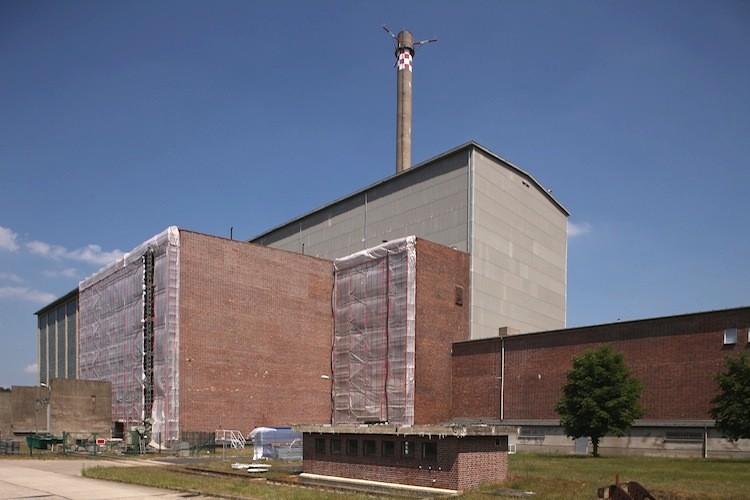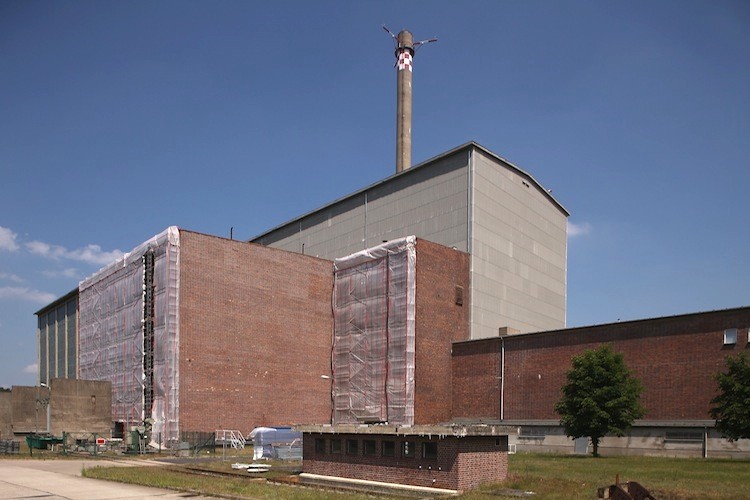German Cabinet members on Monday morning approved plans to shut down all the country’s 17 nuclear plants in 11 years, an ambitious strategy in the wake of Japan’s Fukushima nuclear disaster.
The proposal—which aims to replace nuclear power with renewable energy sources by 2022—will now go through the two chambers of parliament. Chancellor Angela Merkel, a proponent of the plan, said that she hopes the legislation passes on July 8, according to German broadcaster Deutsche Welle.
Under the deal, the government will keep the eight oldest plants permanently shut. Another six will be abandoned by 2021, and the remaining three will stay open until 2022 as a safety buffer to ensure no disruption in power supply.
Merkel’s administration, which turned around its energy policies following Japan’s nuclear crisis, is seeking to hurry through the energy strategy as quickly as possible.
It was only in September that Merkel introduced legislation that would extend the running times of Germany’s nuclear plants by an average of 12 years per facility. Prior to that, Germany had been set to shut down its nuclear energy industry by 2020 under legislation introduced by former Chancellor Gerhard Schroder.
Yet right after the March 11 earthquake and tsunami triggered the worst nuclear crisis since Chernobyl, Merkel suspended her nuclear extension legislation.
The opposition Social Democrats, who oppose nuclear power, have already suggested that they will support the new bill.
The proposal—which aims to replace nuclear power with renewable energy sources by 2022—will now go through the two chambers of parliament. Chancellor Angela Merkel, a proponent of the plan, said that she hopes the legislation passes on July 8, according to German broadcaster Deutsche Welle.
Under the deal, the government will keep the eight oldest plants permanently shut. Another six will be abandoned by 2021, and the remaining three will stay open until 2022 as a safety buffer to ensure no disruption in power supply.
Merkel’s administration, which turned around its energy policies following Japan’s nuclear crisis, is seeking to hurry through the energy strategy as quickly as possible.
It was only in September that Merkel introduced legislation that would extend the running times of Germany’s nuclear plants by an average of 12 years per facility. Prior to that, Germany had been set to shut down its nuclear energy industry by 2020 under legislation introduced by former Chancellor Gerhard Schroder.
Yet right after the March 11 earthquake and tsunami triggered the worst nuclear crisis since Chernobyl, Merkel suspended her nuclear extension legislation.
The opposition Social Democrats, who oppose nuclear power, have already suggested that they will support the new bill.






